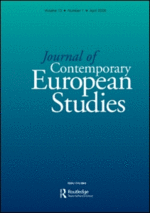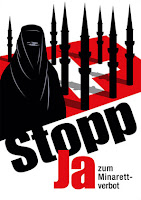Woolwich Attack: have we learned anything?

A couple of days before the horrific Woolwich events, I was checking the Quilliam Foundation website - a site that has proved to be a reliable barometer of trends in a government-sponsored industry that claims to have the answer to islamic radicalism. The 'in the media' section of the website featured on the entry page was dominated by a striking headline on Boston: Boston, the latest 'Triumph' of a Global Jihad Brand . Less than 48 hours later, the terrible news of the Woolwich attack on the unfortunate British soldier reached me My first reaction was one of horror, and I think I was not alone in feeling and thinking in this way. How can something like this happen in the middle of a busy neighbourhood in the capital of the country? Especially after Boston, is this 'solitary' type of violence going to become the pattern of 'terrorism'? And, upon reflection, could one speak of a terrorist crime in this instance? In some ways, the effect of th...








